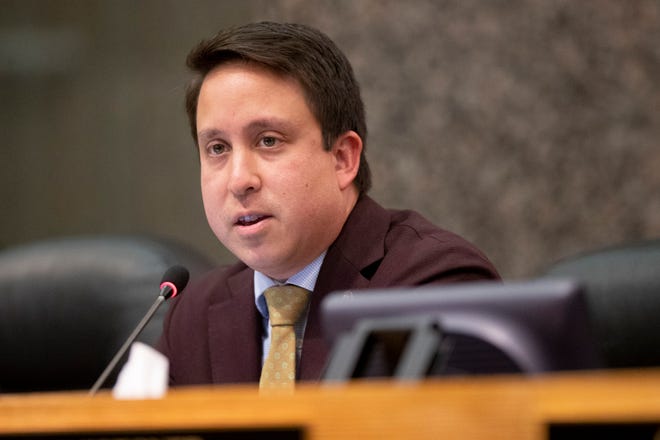Latest Proposed Regulations Provide Necessary Guidance on Working Capital Safe Harbor | Sullivan and Worcester
Nestled in proposed new regulations issued by the IRS on April 12 (the “Proposed Regulations”) that primarily target foreign investors, relief is needed for current Opportunity Zone projects.
By law, a Qualified Opportunity Zone Business (“QOZB”) must hold less than 5% of its assets as “non-qualified financial property”, which includes various financial instruments but does not include ( i) reasonable amounts of working capital held in cash, (ii) cash equivalents, or (iii) short-term debt. The current Opportunity Zone Regulations (the “Regulations”) provide a “safe harbor for working capital” which deems working capital to be reasonable for the purposes of the law if certain requirements are met. As a general rule, the working capital must be the subject of a written schedule of its expenditure within 31 months (the “Written Plan”). In addition, working capital must be spent substantially in accordance with the written plan. Under certain circumstances, overlapping written plans may be used to extend the waiver period to a total of 62 months. Finally, if a QOZB is located in a federally declared disaster area, it may receive up to an additional 24 months to spend working capital.
A situation that is not addressed in the Rules has become common in the post-pandemic world: what if the project changes or is halted such that the written plan can no longer be followed? The proposed regulation addresses this situation. According to the proposed regulations, a QOZB can revise the written plan and remain in compliance with the law as long as the new written plan is adopted within 120 days of the end of a federally declared disaster. The QOZB, however, remains subject to the original 31-month period, plus an additional 24 months due to the federally declared disaster.
On March 13, 2020, President Trump declared a national emergency pursuant to Sec. 501(b) of the Stafford Act to save governors from having to request individual emergency declarations, and this federally declared national disaster designation is still in effect. Therefore, as a result of the proposed regulations, a QOZB may revise or replace its written plan to reflect the current state of its operations. Presumably, a QOZB can now pivot between projects, which is a welcome relief in these uncertain times. Additionally, while the proposed regulations are not final, they indicate that they can be relied upon for tax years beginning with 2020.











